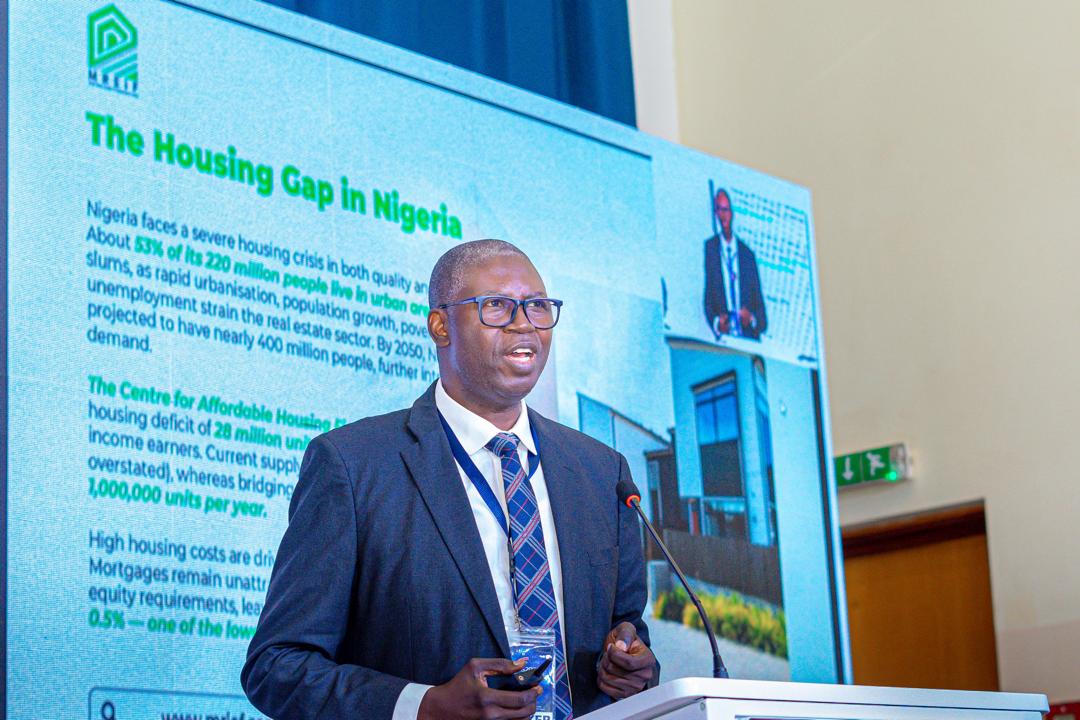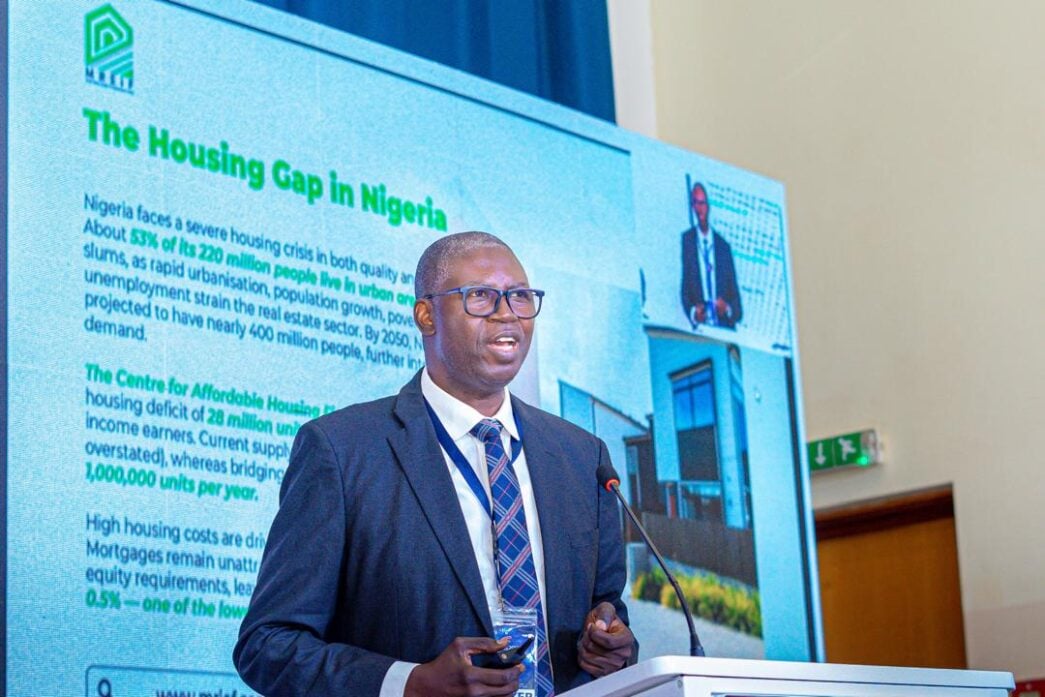For years, the conversation about Nigeria’s housing sector was defined by a frustrating deadlock. Expensive capital halted development, and inaccessible mortgages left millions of citizens in limbo. While previous efforts focused primarily on quantifying the massive deficit, the recent Annual Housing Finance Summit marked a decisive turning point.
This time, the focus shifted from acknowledging the problem to deploying an intelligent, structured financial mechanism to finally solve it.
The two-day event, held on November 18th and 19th, offered a distinct narrative arc. The theme “Innovative Financing of Affordable Housing Development & Offtake Under Renewed Hope Agenda” underscored a simple truth: Nigeria is finally deploying intelligence and financial structuring to address the housing crisis, ensuring sustainable progress decoupled from volatile resource cycles.
Day One: Building the Demand-Side Market
The proceedings began on the 18th, with a necessary focus on the demand side. You cannot build a market if no one can afford the product. The Honourable Minister of Finance, Wale Edun, understands this well, and he was represented by Alhaji Ali Mohammed, the Director of Home Finance.
Mohammed constructively outlined the structural problem within the civil service: government workers, the backbone of the economy, remain perpetual tenants. He announced a crucial restructuring of the Federal Government Staff Housing Loans Board. The government is raising loan thresholds dramatically because the old limits were obsolete. This revamped system aims to instantly turn public workers into homeowners, creating a guaranteed pool of offtakers that fundamentally de-risks the market for developers.
That was the crucial promise made on Day One. The question remained: How to fund the supply side?
Day Two: The Engine of Supply and Wealth Creation
The answer came on Wednesday, the 19th. The second day belonged to the Ministry of Finance Incorporated Real Estate Investment Fund (MREIF), the vehicle designed to drive the sector.
Mrs Kai Orga, Managing Director of ARM Investment Managers (the fund manager for MREIF), took the stage first. Her opening presentation was a masterclass in financial structuring. She detailed precisely how the powerful partnership between the public and private sectors works: the government provides assets and enabling policies, while the private sector brings execution, capital discipline, and expertise.
Orga emphasised that this is not a charity; MREIF is a viable investment vehicle designed to yield returns while solving a social crisis. She explained how the fund acts as a catalyst, bridging the gap between raw land and finished homes.
Mr Sani Yakubu’s presentation was one of the last of the day. As the National Coordinator of MREIF, his job was to provide the “why.” He took the audience back in time, giving a historical overview of MOFI—an institution that, for years, was a passive holder of assets. He asserted that the era is over.
Yakubu painted a picture of an aggressive and strategic state asset manager, connecting the fund to the national “Renewed Hope” agenda. His most compelling point was about social mobility. He argued that MREIF is not just building houses; it is building a new middle class.
Housing provides equity. Equity provides wealth.
He successfully grounded the technical discussions in human reality, arguing that the federal government is looking to solve the housing deficit to stabilise the economy itself.
What’s Next? The Execution Phase
The stakeholders in the room represented the full value chain. We saw pension organisations sitting with artisans. Property developers exchanged notes with fintech startups. The silos are breaking down.
The strategy is clear. On the 18th, we heard how the government will empower buyers. On the 19th, we saw how the government and private sector will fund the builders. Kai Orga provided the blueprint. Sani Yakubu provided the mission.
Nigeria has seen many ambitious plans stall in the transition from policy to large-scale execution. While a degree of historical caution is understandable, the alignment seen at this summit is unprecedented. The finance is structured. The will is political. The technology is ready.
MREIF might just be the key that finally unlocks the door to a truly property-owning middle class.







